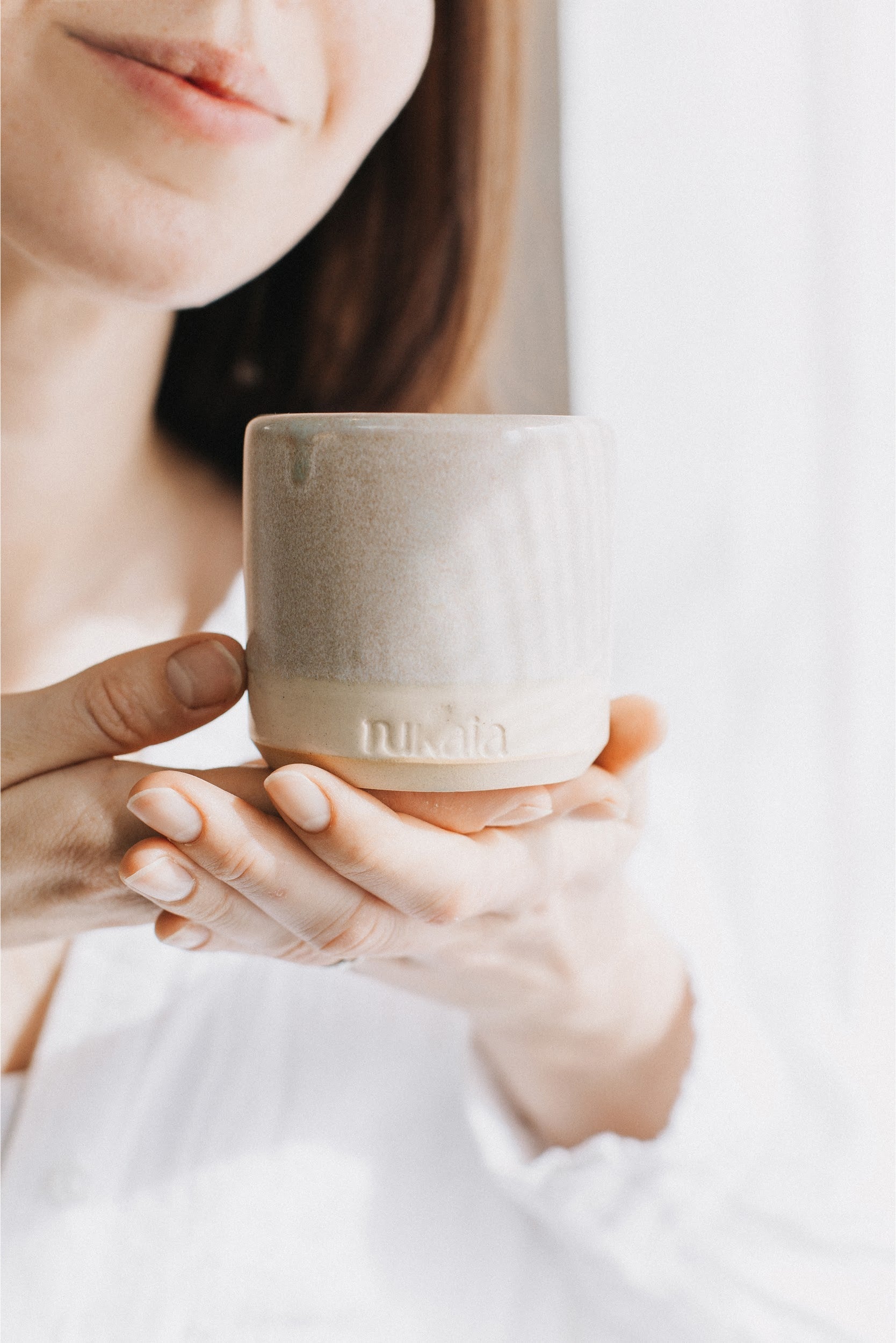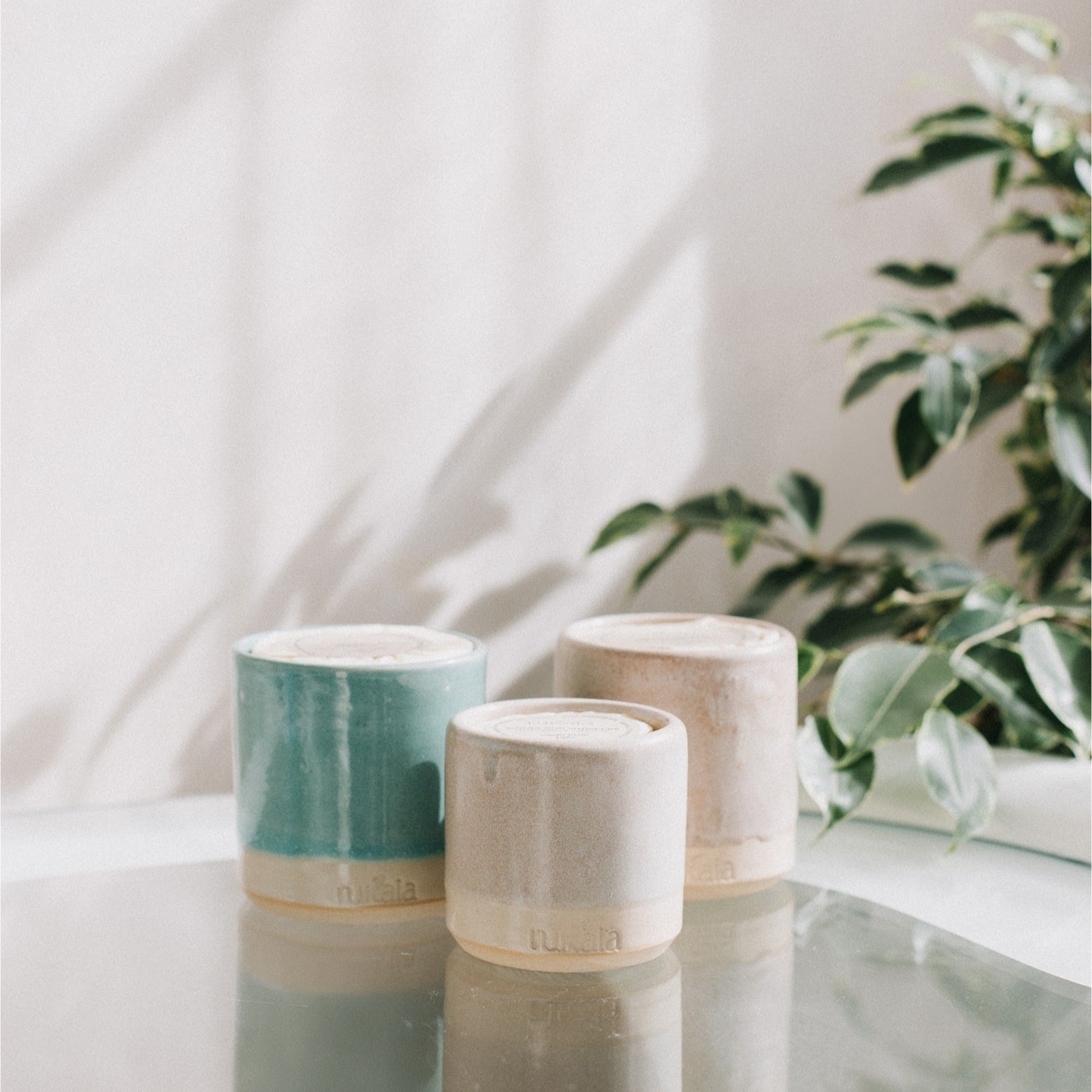In today’s fast-paced world, finding natural ways to relax, recharge, and enhance overall wellness is more important than ever. One powerful yet often overlooked method is aromatherapy—the use of essential oils and natural scents to promote physical, emotional, and mental well-being.
From reducing stress to boosting energy, aromatherapy has been used for centuries across different cultures. In this blog, we’ll explore the science behind aromatherapy, its key benefits, and how you can incorporate it into your daily routine.
What Is Aromatherapy?
Aromatherapy is a holistic healing practice that uses essential oils—concentrated plant extracts—to improve mood, relieve stress, enhance sleep, and even support physical health. These oils can be inhaled, applied topically (when diluted), or diffused into the air.
The scents interact with the limbic system, the part of the brain that controls emotions, memory, and arousal, making aromatherapy a powerful tool for mental and emotional balance.
Key Benefits of Aromatherapy
1. Reduces Stress and Anxiety
Certain scents, like lavender, chamomile, and bergamot, have calming properties that help lower cortisol (the stress hormone) levels. Studies show that inhaling lavender oil can reduce anxiety and promote relaxation.
2. Enhances Sleep Quality
Struggling with insomnia or restless nights? Essential oils like lavender, cedarwood, and vetiver are known to improve sleep by promoting relaxation and reducing nervous system activity. Try adding a few drops to a diffuser before bedtime.
3. Boosts Energy and Focus
Feeling sluggish? Citrus scents like peppermint, rosemary, and lemon can invigorate the mind and improve concentration. These oils are great for workspaces or morning routines.
4. Relieves Headaches and Migraines
Instead of reaching for painkillers, try peppermint or eucalyptus oil. Their cooling and anti-inflammatory effects can help ease tension headaches when applied to the temples (diluted with a carrier oil).
5. Strengthens Immunity
Many essential oils, such as tea tree, eucalyptus, and oregano, have antimicrobial and antiviral properties. Diffusing these oils may help purify the air and support respiratory health.
6. Improves Mood and Emotional Well-Being
Scents like ylang-ylang, rose, and frankincense can uplift the spirit and combat feelings of sadness or fatigue. Aromatherapy is often used alongside meditation and mindfulness practices.
How to Use Aromatherapy in Daily Life
You don’t need fancy equipment to enjoy the benefits of aromatherapy. Here are simple ways to incorporate it into your routine:
-
Diffusers – Add a few drops of essential oil to an ultrasonic or nebulizing diffuser.
-
Topical Application – Mix essential oils with a carrier oil (like coconut or jojoba) and apply to pulse points.
-
Inhalation – Place a drop on a tissue or inhale directly from the bottle for quick relief.
-
Bath Soaks – Add Epsom salts and essential oils (e.g., lavender or eucalyptus) to a warm bath.
-
Room Sprays – Create a DIY spray with water and essential oils for a refreshing mist.


